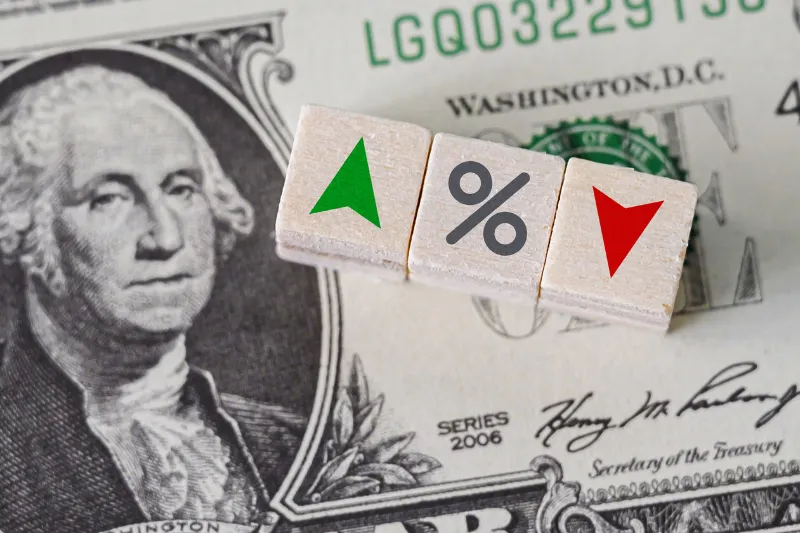The Upsides of Downsizing: Is Less Really More?
In an era where simplicity and minimalism are gaining momentum, downsizing has emerged as a compelling lifestyle choice for many.…
Top 5 Outdoor Living Trends to Watch For in 2024
As we embrace 2024, the concept of outdoor living has evolved from traditional gardens and patios to sophisticated extensions of…
Prepare Financially for Homeownership In 5 Steps
Embarking on the journey to homeownership is an exciting milestone, yet it requires meticulous financial preparation. Understanding the pathway to…
4 Ways Remote Work Has Impacted Home Design
The global shift towards remote work has fundamentally reshaped home design, with an increasing demand for dedicated home offices. This…
Trends in Smart Home Tech: Embracing Smart Technology
The concept of smart homes has moved from futuristic fantasy to present-day reality, revolutionizing the way we interact with our…
Designing a Home Office: 6 Ideas for Productivity & Comfort
he shift towards remote work has underscored the importance of having a dedicated and well-thought-out home office space. A well-designed…
2024 Home Design Trends: The Future of Living Spaces
As we move further into the decade, the evolution of home design continues to captivate and inspire. The year 2024…
Maximizing Your Home’s Curb Appeal: 6 Top Tips for Sellers
When it comes to selling your home, first impressions are everything. Curb appeal—the attractiveness of a property when viewed from…
Understanding Mortgage Rates: Predictions and Trends for 2024
As we continue into 2024, prospective homebuyers and homeowners looking to purchase or refinance are keenly observing the mortgage rate…
Navigating Home Buying in the Winter Market: Advantages & Strategies
Being in the mortgage industry we see and study the ebbs and flows of the housing market throughout the year.…
First-Time Homebuyer Programs and Incentives: What’s New in 2024?
Navigating the journey to homeownership can be a complex process, especially for first-time buyers. Fortunately, 2024 brings a suite of…
Unlocking Homeownership: Strategies to Afford a Down Payment
For many prospective homebuyers, saving for a down payment can be a significant hurdle on the path to homeownership. However,…













